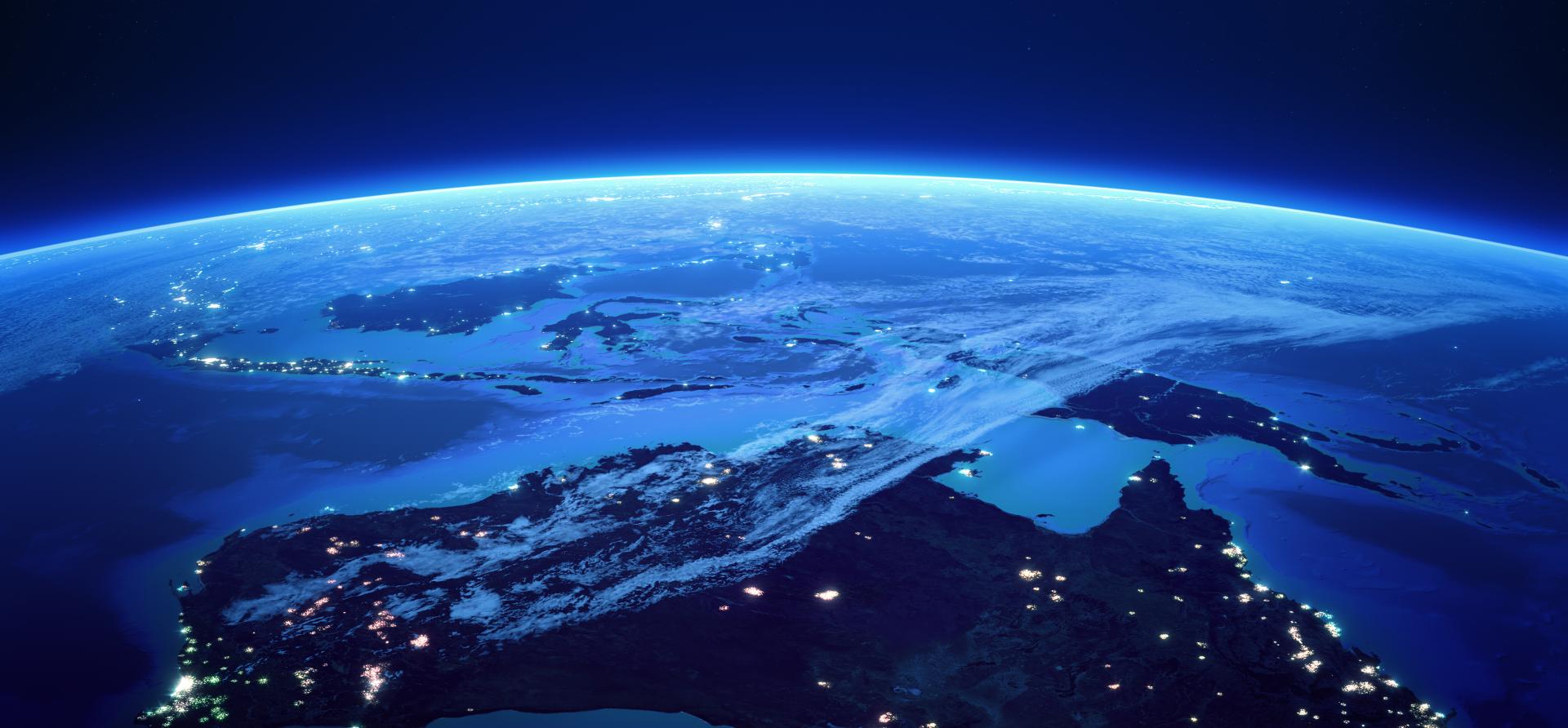Australia has opportunities to protect itself from global energy price shocks

Key Findings
Tensions in the Middle East have put the spotlight again on the volatility of oil and gas prices, which are extremely vulnerable to supply chain disruptions.
Australia is highly exposed to global energy price shocks, as it imports 90% of its oil requirements, and as domestic gas prices have become linked to LNG markets.
Australia can protect itself from global energy price shocks by accelerating the energy transition and decoupling its domestic market from LNG prices.
With escalating tensions in the Middle East, and recent reports that Iran’s parliament had voted to close the Strait of Hormuz, global attention has turned to energy prices. About 20% of the world’s oil production transits through the Strait, as well as more than 20% of the world’s liquified natural gas (LNG) trade.
Oil prices increased from about USD64 per barrel (bbl) at the end of May to about USD78/bbl yesterday. Some analysts were preparing for prices to exceed USD100/bbl should tensions further escalate. When it comes to LNG prices, the Japan / Korea Marker (JKM) spot price is now at over USD14 per million British thermal units (MMBtu), up from USD12/MMbtu in early June.
Australia highly exposed to global energy price spikes
Australia is particularly exposed to those price rises because of its high reliance on imported oil products as well as the strong linkage between domestic and international energy prices.
Australia currently imports around 90% of its oil requirements. Imports of oil products increased ten-fold between 2000 and 2023, as Australia’s own production declined. Australia spent more than AUD55 billion on petroleum product imports in 2024, with the annual bill reaching AUD65 billion in 2022 following the invasion of Ukraine.
With very thin stockpiles, Australia doesn’t have much of a buffer against global oil price volatility. Australia currently holds only 31 days of petrol stocks, and as low as 26 days of diesel stock. Having less than a month’s supply of diesel is of particular concern because more than half of Australia’s daily oil product consumption is diesel. This is well below the International Energy Agency (IEA)’s recommended level of 90 days of stocks.
Domestic gas prices are also closely linked to global energy prices. Australia is one of the world’s largest exporters of LNG, with about 80% of Australia’s gas production going to exports. The magnitude of exports compared to the domestic market has linked eastern Australia’s gas prices to international prices, as observed by the Australian Competition and Consumer Commission (ACCC). Since the start of LNG production in Queensland ten years ago, domestic gas prices tripled. Prices even quadrupled for a short period after the invasion of Ukraine.
Global energy price spikes are also impacting electricity prices. Wholesale electricity prices in the National Electricity Market (NEM) are closely correlated with gas prices, so when gas prices increase, electricity prices have historically increased as well. This was seen prominently in 2022, when rising gas and coal prices, combined with outages at domestic coal power plants, led to a quadrupling in wholesale electricity prices.
Australia can insulate itself by accelerating the energy transition
There are various ways in which Australia can insulate itself from global energy price spikes. First, looking at oil prices, more than half of Australia’s oil use is associated with road transport. Australia currently lags the world when it comes to the uptake of electric vehicles (EVs). New EV sales represented nearly 10% of all car sales in 2024, an all-time high for Australia. However, this pales in comparison to other countries – EVs represent more than 20% of new cars sales globally, and more than half of new car sales in China. Demand for petroleum fuels has already likely reached a plateau in China.
Consumers can also insulate themselves against gas price rises and reduce their energy bills by shifting to efficient electric equipment in their homes. IEEFA estimates that nearly a million new gas appliances and about 800,000 new inefficient electric appliances are installed each year. Shifting to efficient electric alternatives would save households over AUD3.4 billion in unnecessary energy costs over the life of those appliances. Victoria’s recently announced electrification and energy efficiency measures are a good step towards lower energy costs for households, but more needs to be done in other states and to cover more appliances.
Accelerating the shift to renewables in electricity generation is reducing the influence of gas and coal prices on wholesale electricity prices. Wind and solar generation, as well as battery discharging, are now setting the wholesale electricity price more often and at lower levels than other forms of generation, reducing the influence of gas and coal generators. IEEFA has found that periods of higher renewables penetration are highly correlated with low spot electricity prices.
Australia also needs to protect its domestic gas market
Another action Australia can take to reduce the influence of international energy prices on its economy is to provide greater incentives to prioritise the domestic gas market over LNG spot sales.
Higher international LNG prices create strong financial incentives for pursuing sales on the spot market, which can exacerbate domestic gas market tightness. For example in 2021 and 2022, when LNG prices rose, Queensland became a net importer of gas from the southern states, when it usually is a net exporter.
IEEFA has also found that diverting a small volume of spot LNG sales to the domestic market could alleviate forecast gas shortages, much faster than by increasing gas supply.
An export tax on spot sales of LNG could alleviate those issues, by providing an incentive to supply the domestic market instead of selling on the international spot market, and also by decoupling domestic gas prices from international prices.
In these turbulent times, it is time for Australia to look more seriously at how it can improve its energy security and better insulate itself from global energy shocks. Many solutions exist to those issues, which can also provide multiple economic benefits for Australia by lowering energy costs for households and businesses.
















